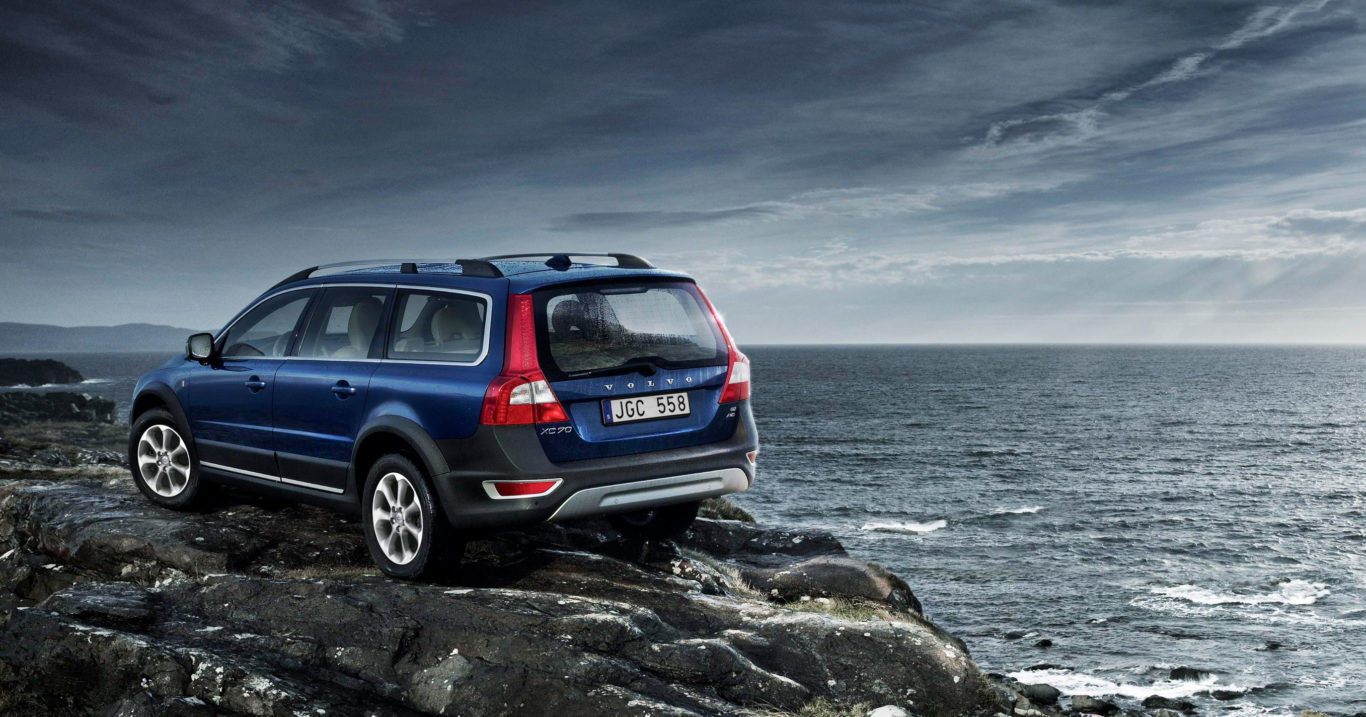
How the Ocean Affects Your Vehicle
And is there anything you can do to protect it?
Living on Vancouver Island is full of perks. Great beaches, amazing scenery, perfect weather, and a laid back island lifestyle. The cool breeze from the ocean gives us a climate many people would kill for, but many people wonder if there is a negative side to all of this salty crisp breeze? We asked the experts to see if a beautiful coastal environment like Victoria accelerates vehicle corrosion and this is what we found out.
Issue 1: Accelerated Rust
The automotive paint handbook by John Pfanstiehl says that the closer a car is kept to the shore, the quicker rust can form. The main factor is how close you are to the ocean on a regular basis. Living within 10 miles of the ocean is when you are the most vulnerable, as salty sea breezes will be easily reaching where you store your vehicle.
What parts do you need to protect if you are in the danger zone? You need to watch for the top of your trunk, hood, roofline, and the tops of your doors, as they will all rust faster from your ocean view location. Make sure you keep an eye on these parts of your vehicle, keep them clean, and always keep a fresh coat of wax for protection.
Issue 2: Salty Dew
John Rintoul, a mechanic from San Diego (which has similar climate to Victoria) says that salty dew in the mornings can accelerate corrosion on brake calipers, nuts and bolts, and other parts of your undercarriage. It is not just the morning dew, but also salt in the humidity during the hottest months settling on vulnerable parts of your vehicle.
“There is a honeymoon period of about three to five years where you probably won’t see much damage, then, in five to seven years, minor rust spots can develop on the car.”
Issue 3: Paint Damage
Steve Ford (The Car Guy) says that a combination of the sun and salt air near the coast can destroy a car’s finish. The heat opens the pores of the paint which means it easily absorbs the salty moisture in the air which leads to visible corrosion.
How to Prevent Ocean Air Vehicle Damage
The main thing you can do to help protect your vehicle is to shield it as much as you can from constant ocean breezes. You can:
- Park in a garage or cover your vehicle in your driveway
- Wash your car regularly and wax it every 6 months
- Never drive into ocean water or on the beach without rinsing your undercarriage afterwards.
We have the best climate, most amazing mountain views, and are never more than a 20 minute drive to the ocean, which makes Victoria an amazing place to live. Take a few simple precautions to keep your vehicle safe, and you won’t suffer at the hands of rust and corrosion from ocean breeze, it is definitely worth looking into it.